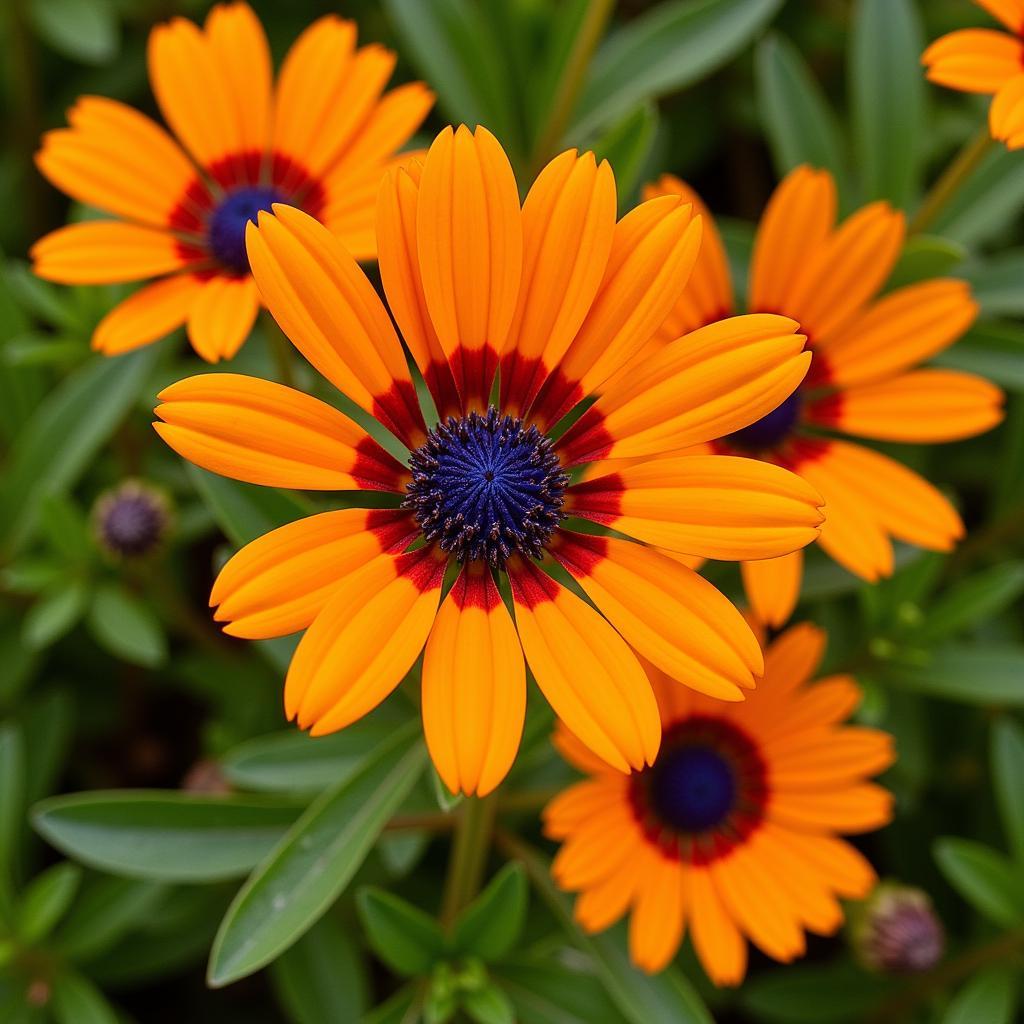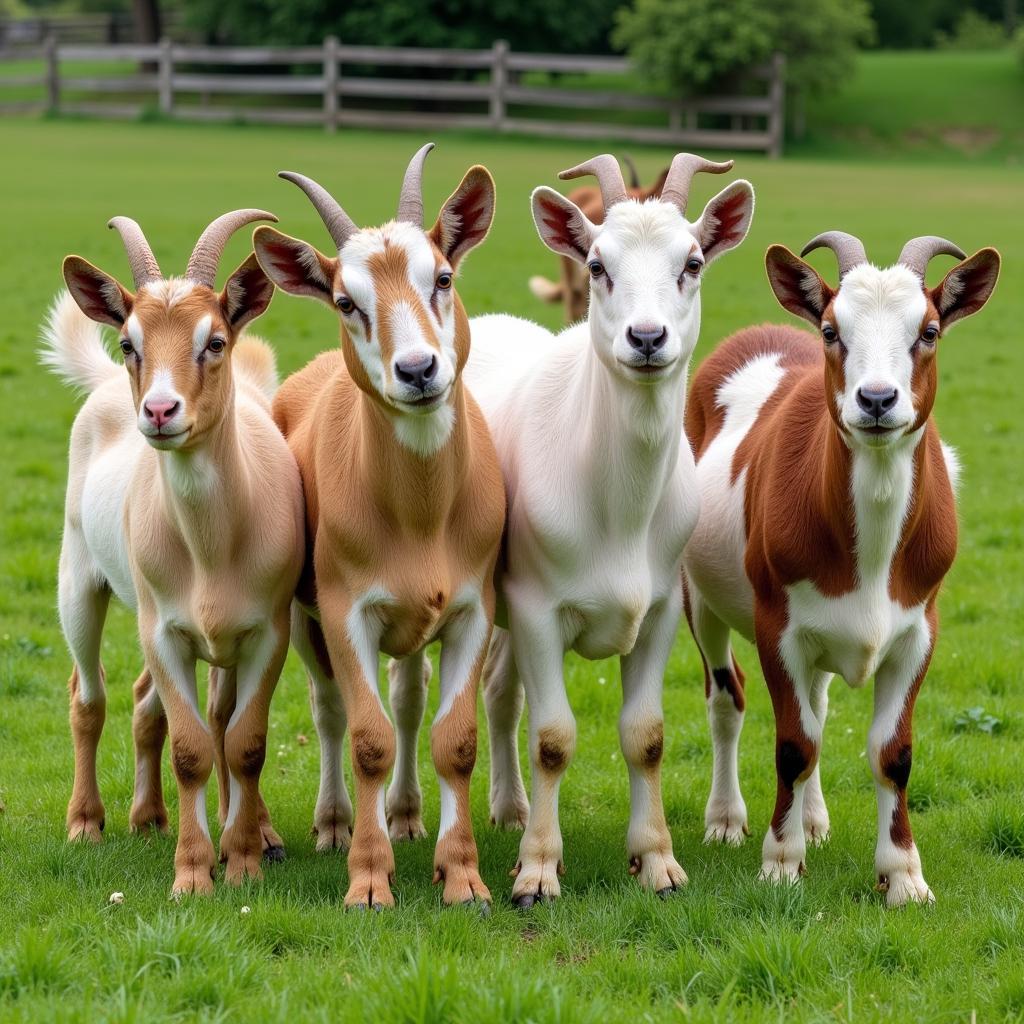African Festivals in the Caribbean: A Celebration of Culture and Heritage
The Caribbean, a vibrant melting pot of cultures, boasts a rich tapestry of traditions deeply influenced by its African heritage. Among these traditions, festivals hold a special place, serving as lively celebrations of music, dance, food, and community. This vibrant blend of African and Caribbean culture has created unique festivals that attract visitors from around the world.
Exploring the Roots of African Festivals in the Caribbean
The legacy of African influence on Caribbean festivals is deeply rooted in the region’s history. During the transatlantic slave trade, millions of Africans were forcibly brought to the Caribbean, bringing with them their rich cultural traditions. While slavery stripped them of their freedom, it couldn’t extinguish the spirit of their culture. These vibrant traditions endured, finding expression in music, dance, storytelling, and festivals.
The Significance of Festivals in Caribbean Culture
Festivals serve as a vital force in maintaining and celebrating the African cultural heritage in the Caribbean. They provide an opportunity for communities to come together, reconnect with their roots, and share their traditions with future generations.
Notable African-Inspired Festivals in the Caribbean
From vibrant street parades to spiritual ceremonies, the Caribbean is home to an array of African-inspired festivals. Here are some of the most prominent:
1. Carnival
Carnival, a celebration of joyous abandon and creative expression, has its roots in African traditions. This vibrant festival is celebrated throughout the Caribbean, with each island adding its unique twist to the festivities.
“Carnival is a way for us to remember where we came from and to celebrate the resilience of our ancestors,” says Dr. Anya Williams, a renowned anthropologist specializing in Caribbean culture.
2. Junkanoo
Originating in the Bahamas, Junkanoo is a dazzling spectacle of color, music, and dance. This festival, held on Boxing Day (December 26th) and New Year’s Day, features elaborate costumes, rhythmic drumming, and vibrant performances.
“Junkanoo is a testament to the creativity and ingenuity of the African diaspora,” shares Mr. Charles Thompson, a veteran Junkanoo performer.
3. Kwanzaa
While not exclusive to the Caribbean, Kwanzaa is widely celebrated throughout the region, honoring African heritage and culture. This seven-day festival, observed from December 26th to January 1st, emphasizes community, self-determination, and cultural unity.
“Kwanzaa is a reminder of the shared values and aspirations of the African diaspora,” explains Ms. Maria Rodriguez, a Kwanzaa educator.
The Cultural Impact of African Festivals in the Caribbean
African Festivals In The Caribbean have played a crucial role in shaping the region’s cultural landscape. They have served as:
- A Powerful Force of Resilience: Festivals offer a platform for celebrating African heritage and resistance against historical oppression.
- A Catalyst for Creativity: Festivals have fostered a rich artistic expression, particularly in music, dance, and costume design.
- A Source of Community Unity: Festivals bring together communities, fostering a sense of belonging and shared identity.
Conclusion: Celebrating African Heritage Through Caribbean Festivals
African festivals in the Caribbean are more than just celebrations; they are living testaments to the resilience, creativity, and cultural richness of the African diaspora. These festivals offer a glimpse into the rich heritage that continues to shape the Caribbean experience, providing a vibrant and enduring connection to the continent of Africa. So, the next time you find yourself in the Caribbean, be sure to experience the energy and joy of these captivating celebrations.
FAQ
1. What are some of the most popular African-inspired festivals in the Caribbean?
Some of the most notable African-inspired festivals in the Caribbean include Carnival, Junkanoo, and Kwanzaa.
2. How do African festivals contribute to Caribbean culture?
African festivals play a vital role in preserving and celebrating the region’s African heritage, fostering creativity, and building community unity.
3. What are the origins of African festivals in the Caribbean?
The roots of these festivals lie in the cultural traditions brought to the Caribbean by enslaved Africans, who found ways to express their heritage despite the harsh realities of slavery.
4. What makes African festivals in the Caribbean so unique?
Each festival features a distinct blend of African and Caribbean influences, reflecting the region’s rich cultural tapestry and its unique blend of history, music, dance, and traditions.
5. Are there any specific African traditions that are celebrated in Caribbean festivals?
Many festivals incorporate elements of African music, dance, costumes, and spiritual practices, reflecting the enduring legacy of African culture in the Caribbean.
6. How can I learn more about African festivals in the Caribbean?
You can explore online resources, visit museums and cultural centers, or attend these festivals firsthand to gain a deeper understanding of their cultural significance.
7. What are some tips for attending African festivals in the Caribbean?
Immerse yourself in the atmosphere, learn about the traditions, enjoy the music and dance, and be respectful of the local customs and beliefs.
8. What makes African festivals in the Caribbean important for cultural tourism?
These festivals offer a unique and immersive cultural experience, attracting tourists from around the world who are eager to learn about the region’s vibrant heritage and history.

